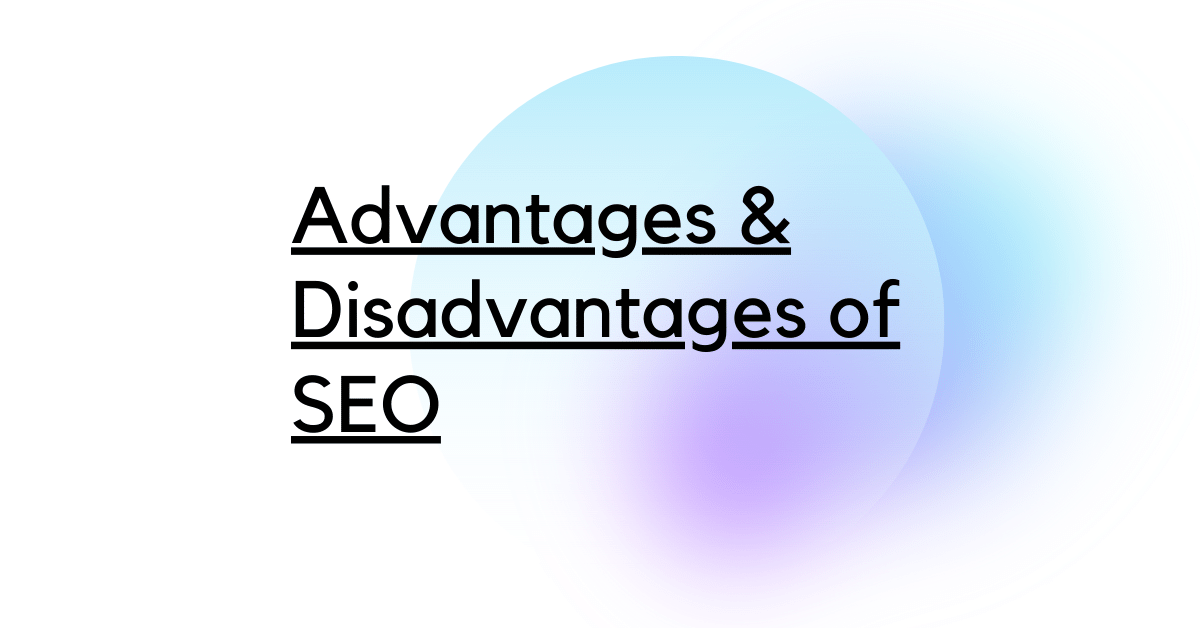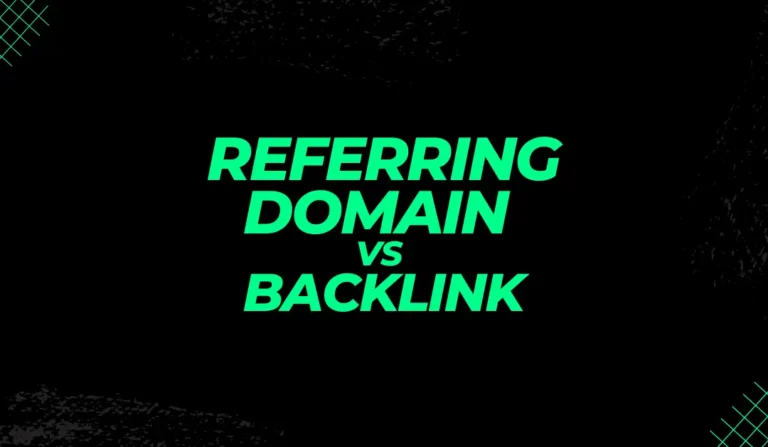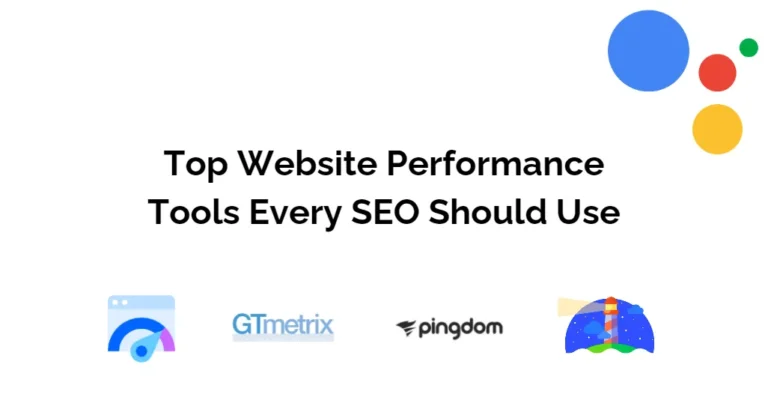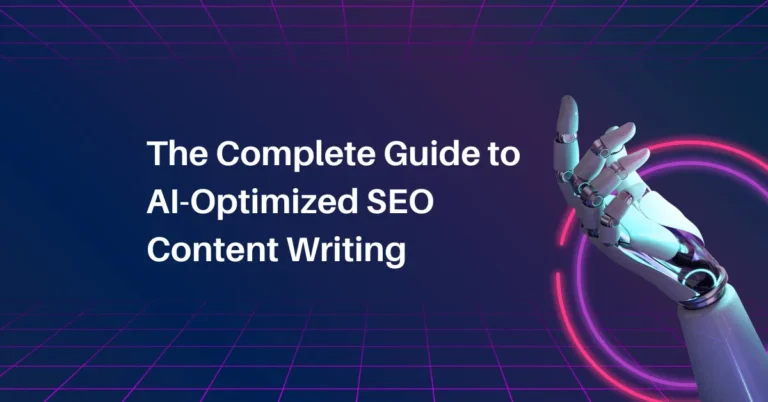As an SEO expert, I have come to understand that Search Engine Optimization (SEO) is an important aspect of any successful online marketing strategy.
SEO is the process of making a website more visible and higher up in search engine results (SERPs).
In this guide, I will be discussing the advantages and disadvantages of SEO, and how to navigate them.
Introduction to SEO and its Importance
Search engines are the main way people find most websites.
SEO is important because it helps to improve a website’s ranking on SERPs, which in turn increases the visibility and traffic to the website.
SEO also helps to build credibility and trust with users. This is because high-ranking websites are seen as more authoritative and trustworthy.
SEO is not a one-time process, it requires ongoing maintenance and optimization to remain effective.
It is important to understand the advantages and disadvantages of SEO to make informed decisions about your online marketing strategy.
If you’re interested in how SEO can help small businesses improve their online visibility and attract more customers, check out my blog post on the benefits of SEO for small businesses.
Advantages and Disadvantages of SEO
Advantages of SEO
- Increased Visibility and Traffic
The main advantage of SEO is increased visibility and traffic to a website.
Websites that rank higher on SERPs are more likely to receive clicks and visitors. SEO helps to optimize a website’s content and structure to make it more visible and appealing to search engines and users.
- Cost-Effective
SEO is a more cost-effective marketing method than other forms of digital marketing, such as paid advertising.
It may need an initial investment in time and resources. But the long-term benefits of increased traffic and visibility make it a worthwhile investment.
- Builds Credibility and Trust
Websites that rank higher on SERPs are perceived as more authoritative and trustworthy by users.
SEO helps to improve a website’s ranking, which in turn builds credibility and trust with users.
- Targets Specific Audiences
SEO allows for targeting specific audiences through keyword optimization and content creation.
By understanding the search intent of your target audience, you can optimize your website to attract and convert those users.
- Measurable Results
SEO results are also very trackable. In fact, there are a number of tools out there that let you do this easily and cheaply (such as Google Analytics).
Disadvantages of SEO
- Time-Consuming
SEO is a time-consuming process that requires ongoing optimization and maintenance.
It can take weeks or even months to see the results of SEO efforts.
- Requires Ongoing Maintenance
As search engines update their algorithms, SEO strategies must also be updated to remain effective.
This requires ongoing maintenance and optimization of a website.
- Can Be Affected by Algorithm Updates
Search engine algorithms keep on changing over time, and once effective SEO strategies may become outdated.
Algorithm updates can also impact a website’s ranking and visibility.
- Results May Not Be Immediate
SEO is not a quick fix, and results may not be immediate.
It can take time to see the results of SEO efforts, and it requires patience and dedication to see long-term results.
Balancing the Advantages and Disadvantages of SEO
To balance the advantages and disadvantages of SEO, it is important to have a clear understanding of your business goals and resources.
SEO can be an effective marketing strategy, but it requires an investment in time and resources to be successful.
It is also important to have a long-term perspective when implementing an SEO strategy.
Common SEO Mistakes to Avoid
Several common SEO mistakes can impact a website’s ranking and visibility. These include:
- Keyword stuffing
- Duplicate content
- Poor website structure and navigation
- Ignoring mobile optimization
- Neglecting local SEO
By avoiding these common mistakes, you can ensure that your SEO strategy is effective and sustainable.
SEO Tools and Resources to Help Navigate Advantages and Disadvantages
There are several SEO tools and resources available to help navigate the advantages and disadvantages of SEO. These include:
- Google Analytics: to track visitors and their actions on your site
- Google Search Console: to track website performance and identify issues
- SEMrush: to track keyword rankings and competitor analysis
- Moz: to perform website audits and track website performance
- Ahrefs: to track backlinks and analyze website performance
By utilizing these tools and resources, you can optimize your SEO strategy and navigate the advantages and disadvantages of SEO.
Conclusion
SEO is an important part of any online marketing plan that works.
While it has its advantages and disadvantages, it can be a cost-effective and sustainable strategy when implemented the right way.
If you want to learn more about optimizing your website for search engines, I have a blog post that dives into which on-page element carries the most weight for SEO. Do check it out.






